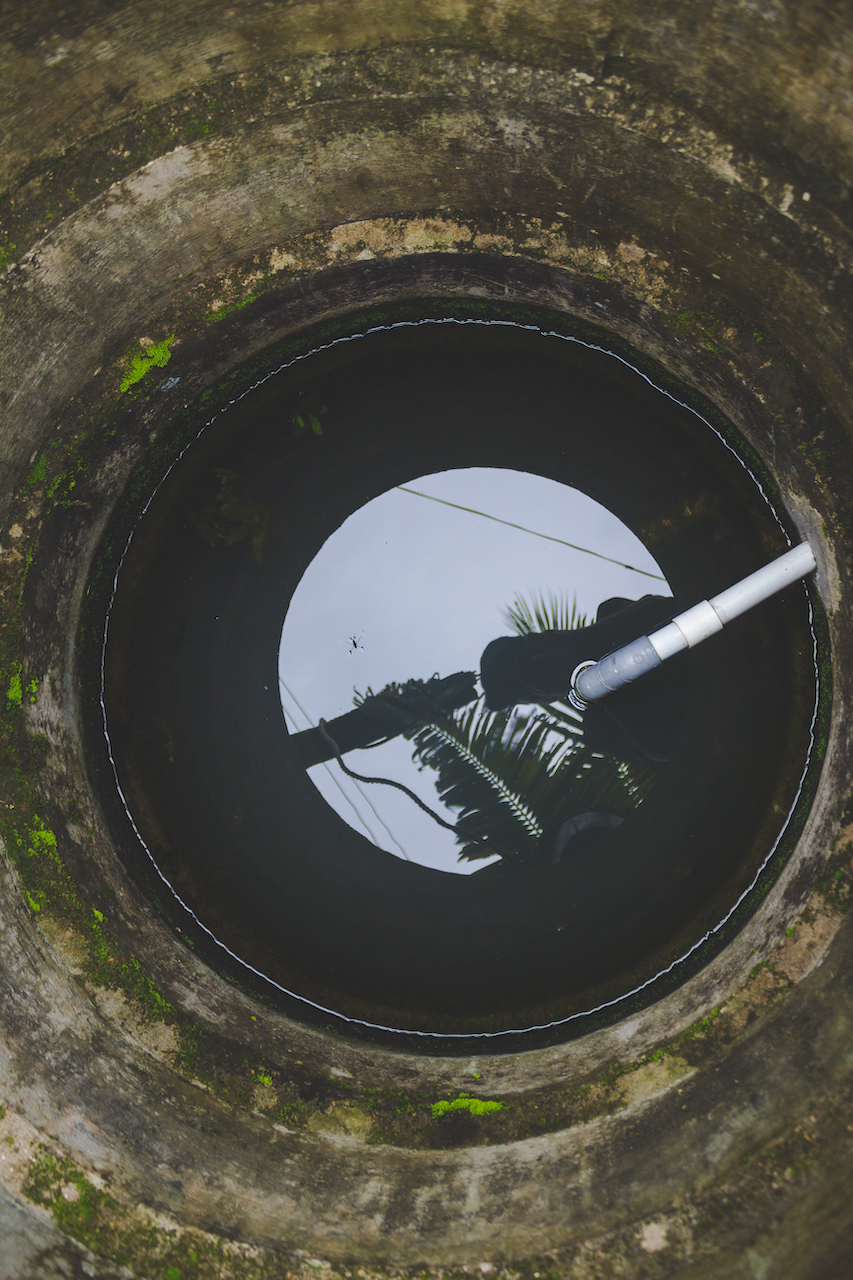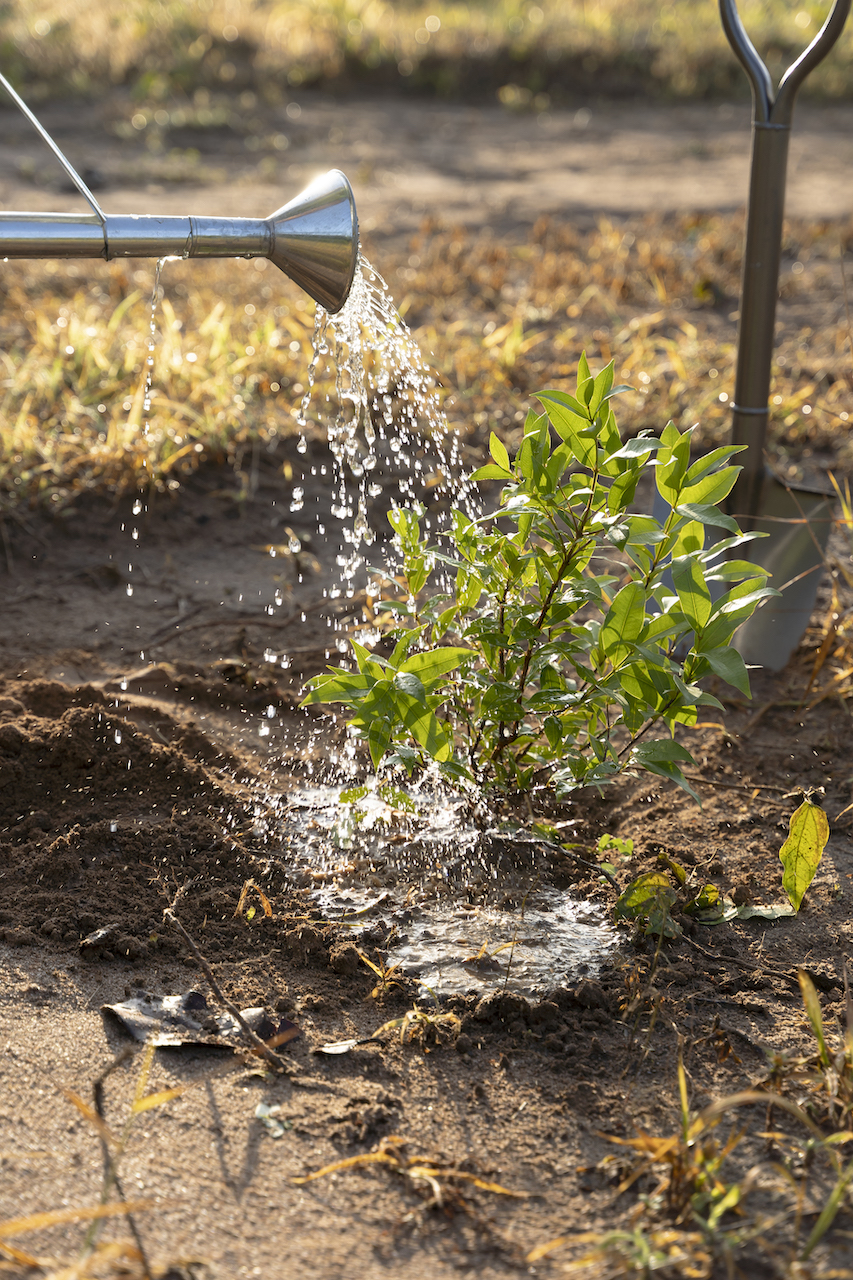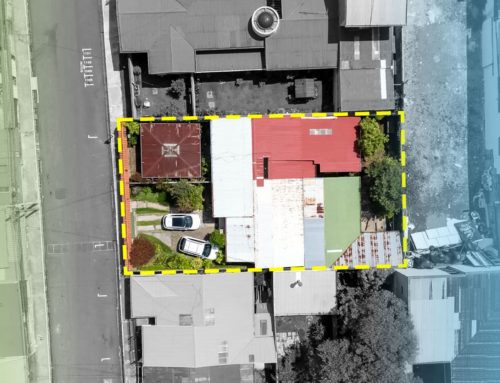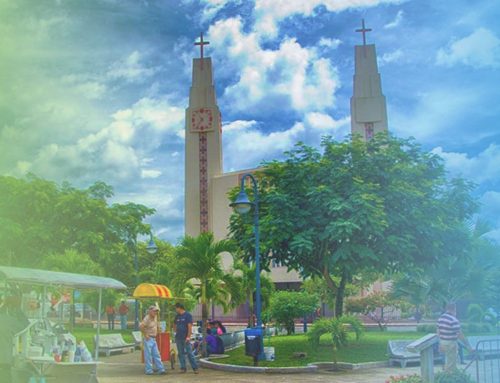In Costa Rica, any legal or physical subject, who wishes to make a well within his property, for the purposes of research, exploration or use of groundwater, must apply for a drilling permit (‘permiso de perforación’). The drilling permit doesnot confer the right to exploit the water resource. That is why, depending on the use that will be given to the well, this will be the type of concession that the Dirección de Aguas will grant.
Groundwater obtained through a well belongs to the property owner. However, when they are extracted through artisanal wells, for exclusively domestic uses carried out on the same farm where the well is located, it is not necessary to have a water concession, although the well must be correctly registered with the water authorities.
Water resources in our country must be managed based on the principle of “Integrated Management”, which promotes the coordinated management and development of water, land and natural resources, in order to maximize the resulting social and economic well-being in an equitable manner without compromising the sustainability of vital ecosystems.
Requirements for drilling water wells in Costa Rica:
All water wells require joint application for the drilling permit and the exploitation concession. The application for a subsoil drilling permit for the exploration and use of groundwater must be submitted to the Dirección de Aguas of MINAE.
You can consult the form HERE.
The location of a well must meet a series of requirements to obtain the permits, such as: the withdrawal to the boundaries of the property, streets and infrastructures, a list of nearby rivers, streams, lakes or the sea. In addition there are restricted areas where the drilling is prohibited.
Depending on the conditions and the place where you want to drill, you must do hydrogeological studies to determine certain characteristics of the area to be drilled such as the catch area of the well, interference with nearby water bodies, possible saline intrusion in coastal areas among others.

The institution in charge of granting the concession is the Dirección de Aguas (DA) of the Ministry of Environment and Energy (MINAE), seeking the integrated and sustainable management of water resources guaranteeing availability in appropriate quantity and quality.
In order to do the excavation, it must be done through a duly registered private company. You can consult the list of registered companies HERE.
Another important aspect to take into account is that the holder of the concession corresponds to the owner of the property. That is, if the property changes ownership (due to a purchase-sale or other situation), you must fill out the transfer application HERE.
When is it forbidden to make a well?
- Saline Intrusion Study: when the drilling site is located less than one kilometer from the coast, susceptible to contamination by saline intrusion or other technical reasons that affect and prevent its exploitation.
- Interference Study between wells or with bodies of water: when the drilling is located less than 100 meters from other legally registered wells built, streams, rivers or water sources, according to the article 8 of Ley de Aguas.
- Operational radius of the well: In accordance with the assumptions of article 8 of the Ley de Aguas No. 276, a distance of withdrawal from operation of the well of up to 40 meters must be established, understood as the immediate distance to the well that must be maintained to allow access to the well system, as well as provide security and protection to the aquifer on activities surrounding it.
Types of Water Wells in Costa Rica

With drilling permit in hand, you will have 3 months of time to drill! Tests must be carried out to know the water capacity of the newly drilled well and the quality of the water to be extracted.
From the conclusion of the drilling work, the driller must submit to the ‘Dirección de Aguas’, two copies of the drilling report of the well, signed by the professional responsible accredited for the drilling. One copy for the concession file and the other to send to the Servicio Nacional de Aguas Subterráneas, Riego y Avenamiento.
The types of uses are:
- Human Consumption
- Industrial
- Commercial
- Agroindustrial
- Tourist
- Agricultural
- Aquaculture
- Hydraulic force
Depending on the result of the study, this will be the type of concession that the DA will grant for exploitation.
Any natural or legal person, public or private, including government institutions that take advantage of water through the concept of concession, must cover the amounts for the concept of ‘canon’.
The DA has the rights to make the collection and is the same entity in charge of indicating the use that you as owner can give to the well and the amount that you must cancel for the concept of canon.








